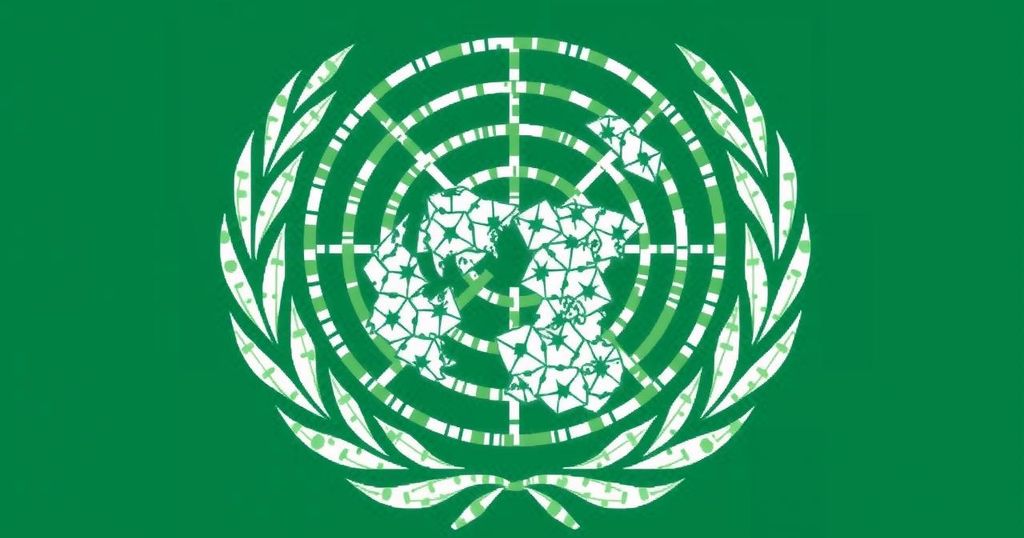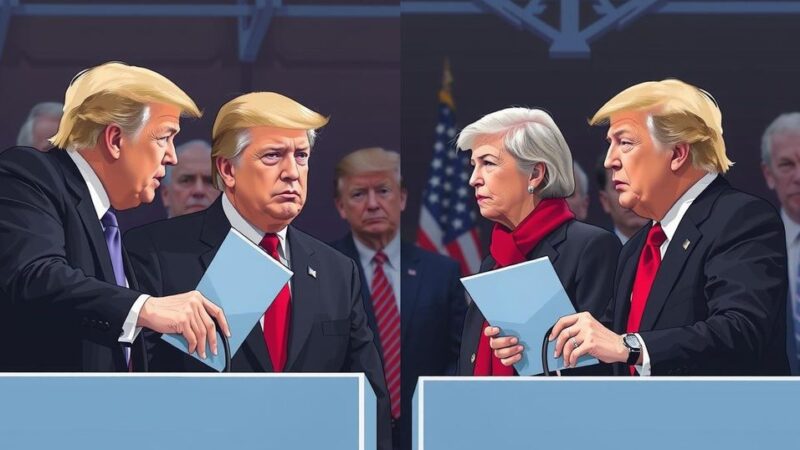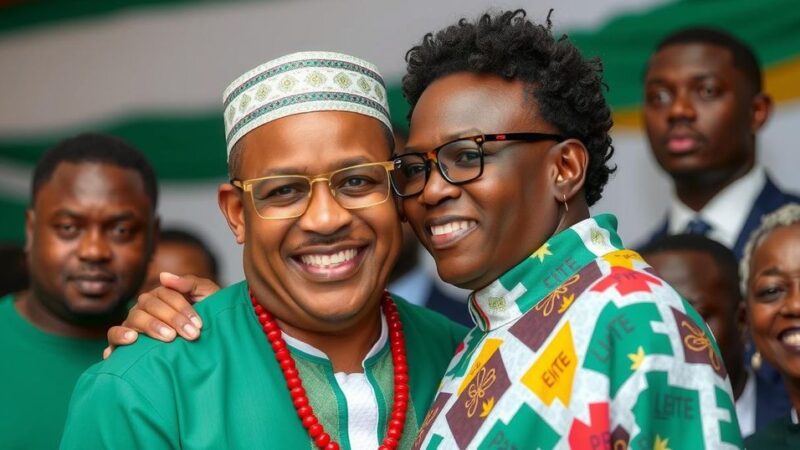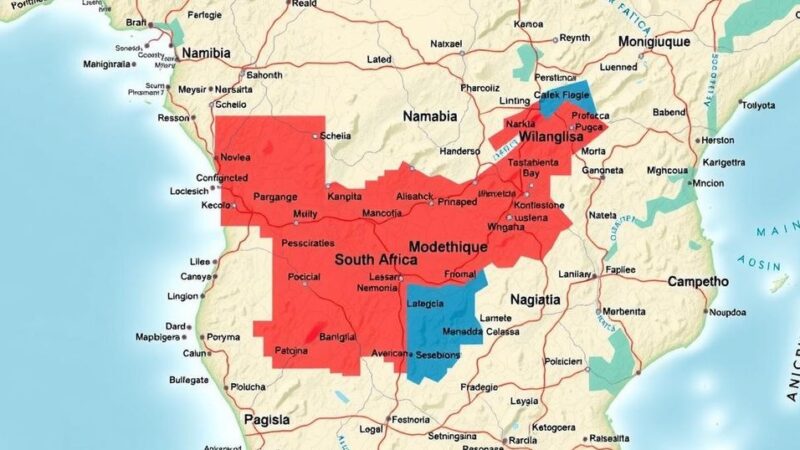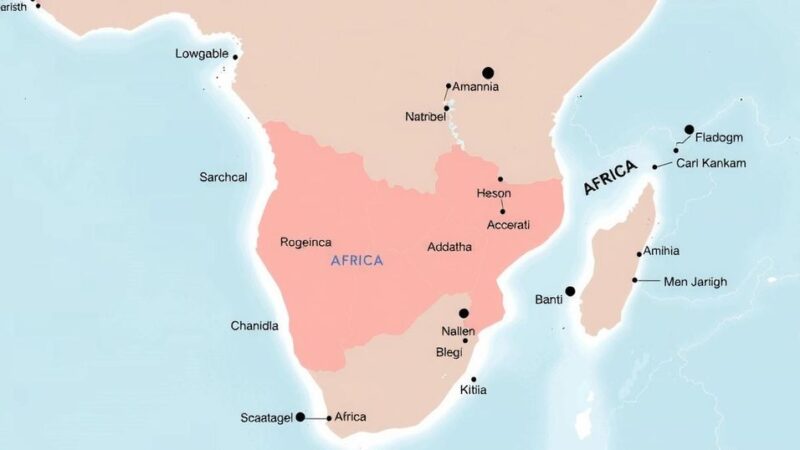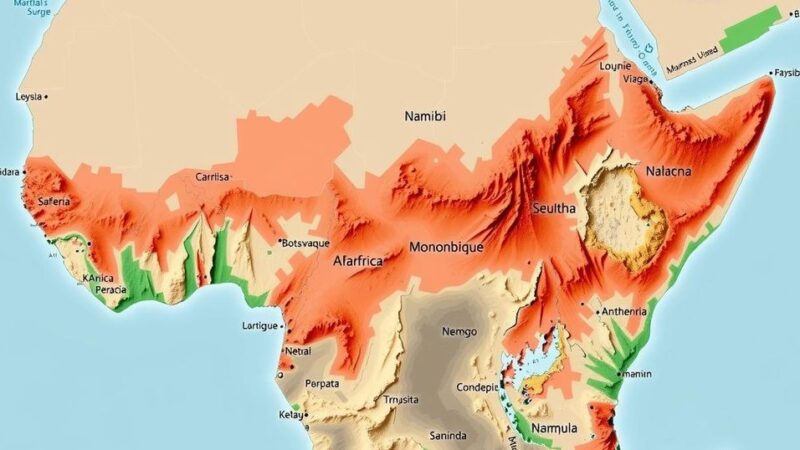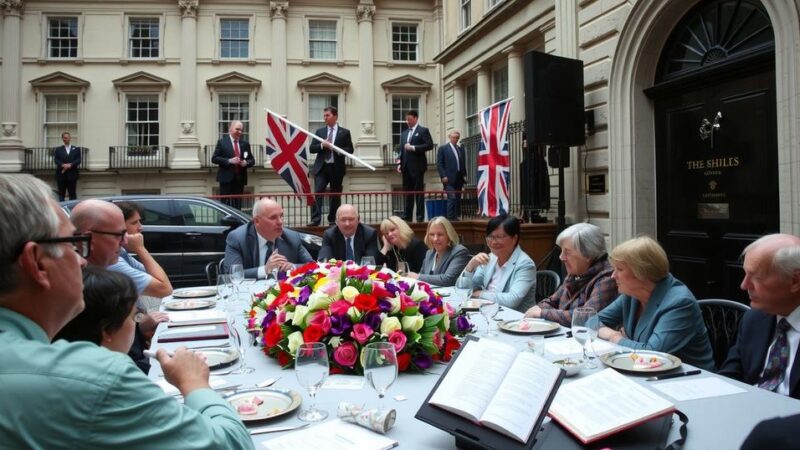UNESCO is committed to supporting media managers in South Sudan by providing training aimed at enhancing skills in areas such as conflict-sensitive reporting, fact-checking, and countering hate speech. Key representatives emphasized collaboration among journalists and the importance of ethical journalism ahead of the 2026 elections.
The United Nations Educational, Scientific and Cultural Organization (UNESCO) has reaffirmed its commitment to supporting media professionals in South Sudan. During a recent two-day training session held in Wau, dedicated to media managers and editors from the regions of Western Bahr el-Ghazal, Warrap, Northern Bahr el-Ghazal, and Lakes states, Mr. Paul Night, representing the UNESCO Country Director, expressed the organization’s determination to assist journalists in enhancing their skills and knowledge. Mr. Night acknowledged the various challenges that these media professionals encounter, particularly issues related to sustainability in staffing and financial management, stating, “We are pleased to have you all here. We know the challenges that you face at your stations and we are trying our best with our partners, the Association for Media Development in South Sudan (AMDISS) and so many others to help you build your capacities.” The workshop, which engaged 30 participants, focused on critical topics such as countering hate speech, promoting gender-responsive and conflict-sensitive reporting, fact-checking, and upholding ethical journalism practices. Emphasizing the significance of these issues, Mr. Night remarked on the necessity for improved journalism standards as South Sudan prepares for upcoming elections in 2026. He urged the attendees to enhance their competencies to ensure quality reporting. Furthermore, Mary Ajith, Chairperson of the Board of Directors for the South Sudan Broadcasting Corporation (SSBC), highlighted the importance of collaboration among journalists in combating hate speech, stating, “For media management, countering hate speech and misinformation and disinformation is something that you can do collaboratively, not in competition.” She underscored the unity of the media as essential during the electoral process. Samuel Nicola, the Information Minister for Western Bahr el-Ghazal State, added that the training aimed to bolster journalists’ abilities in managing information and advocating ethical journalism. He assured the media personnel of the state’s support, emphasizing, “This workshop has been designed to strengthen your ability and capacity in managing information as well as promoting ethical journalism and advocating the rights of all media personnel…” In conclusion, the training organized by UNESCO represents an essential initiative to strengthen the capacity of South Sudan’s media landscape. By equipping journalists with the necessary tools and knowledge, the organization aims to foster a more responsible and effective media that can contribute positively to the country’s democratic processes and societal harmony. UNESCO’s involvement, alongside local partners, is a vital step towards enhancing journalistic accountability and ensuring that the media remains a trusted voice in South Sudan’s path toward stability and growth.
The media landscape in South Sudan faces numerous challenges, including limited resources, high turnover of personnel, and financial instability, which hinder sustainable operation and growth. As the country prepares for elections in 2026, enhancing the skills and capacities of journalists is crucial to ensure accurate and ethical reporting. Initiatives like the training organized by UNESCO are fundamental in providing media professionals with the necessary tools to navigate these challenges and maintain a functioning and responsible media environment.
The collaborative efforts led by UNESCO in training media managers in South Sudan signify an important move towards empowering journalists to tackle pressing issues such as hate speech and ethical reporting. By investing in the capacity building of media professionals, these initiatives aim to contribute significantly to the quality of journalism and promote a more informed society as the nation approaches its electoral processes.
Original Source: www.radiotamazuj.org

